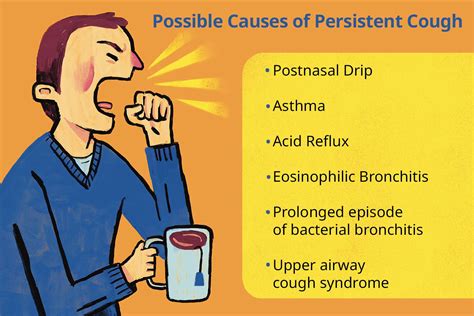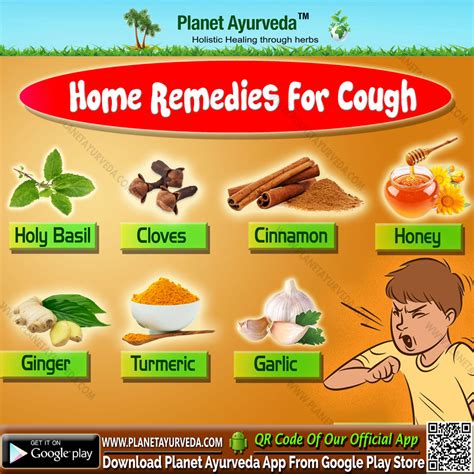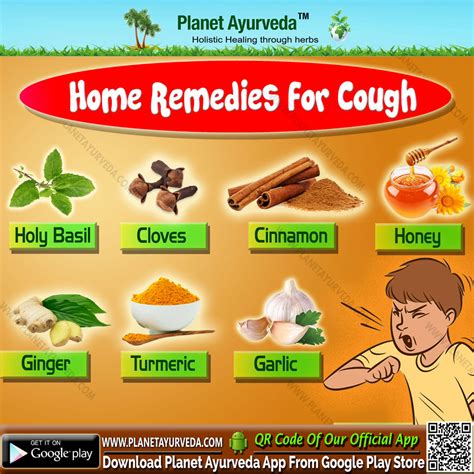Intro
A persistent cough can be frustrating and exhausting, disrupting daily life and making it difficult to get a good night's sleep. If you're experiencing a cough that won't seem to go away, it's essential to understand the possible causes and explore effective treatments to find relief. Coughing is a natural reflex that helps clear the airways of irritants, but when it becomes chronic, it can be a sign of an underlying condition that needs attention. In this article, we'll delve into the world of coughing, exploring the reasons behind a persistent cough, and discussing ways to manage and alleviate this annoying symptom.
Coughing can be triggered by a variety of factors, including respiratory infections, allergies, environmental pollutants, and even certain medications. In some cases, a persistent cough can be a sign of a more serious condition, such as asthma, chronic obstructive pulmonary disease (COPD), or gastroesophageal reflux disease (GERD). Understanding the underlying cause of your cough is crucial to finding the right treatment and getting relief. Whether you're experiencing a dry, hacking cough or a productive cough that brings up mucus, there are steps you can take to soothe your throat and calm your cough.
When it comes to treating a persistent cough, there are many options available, from over-the-counter medications to home remedies and lifestyle changes. Some people find relief with cough suppressants or expectorants, while others prefer natural remedies like honey, ginger, or steam inhalation. In addition to these treatments, making changes to your environment and daily habits can also help alleviate a persistent cough. By avoiding irritants, staying hydrated, and practicing good hygiene, you can reduce the frequency and severity of your cough and start feeling better.
Understanding the Causes of a Persistent Cough

Respiratory Infections
Respiratory infections, such as bronchitis or pneumonia, are common causes of a persistent cough. These infections can be caused by viruses or bacteria and can lead to inflammation and congestion in the airways. Symptoms of a respiratory infection may include: * Coughing, which can be productive or non-productive * Shortness of breath or difficulty breathing * Chest pain or discomfort * Fever or chills * Fatigue or weaknessAllergies
Allergies, such as hay fever or asthma, can also cause a persistent cough. Allergies occur when the immune system overreacts to a harmless substance, such as pollen or dust, and can lead to inflammation and congestion in the airways. Symptoms of an allergy may include: * Coughing, which can be dry or productive * Sneezing or runny nose * Itchy or watery eyes * Congestion or stuffiness * Shortness of breath or difficulty breathingTreatments for a Persistent Cough

Cough Suppressants
Cough suppressants, such as dextromethorphan, can help reduce the frequency and severity of coughing. These medications work by blocking the cough reflex in the brain and can be effective in relieving a persistent cough. However, they can also have side effects, such as drowsiness or dizziness, and should be used with caution.Expectorants
Expectorants, such as guaifenesin, can help loosen and clear mucus from the airways. These medications work by thinning the mucus, making it easier to cough up, and can be effective in relieving a productive cough. However, they can also have side effects, such as stomach upset or diarrhea, and should be used with caution.Home Remedies for a Persistent Cough

Honey
Honey is a natural cough suppressant that can help soothe and calm the throat. It has antibacterial and anti-inflammatory properties, which can help reduce the severity of a cough. To use honey as a home remedy, mix 1-2 tablespoons of honey with warm water or tea and drink as needed.Ginger
Ginger is a natural anti-inflammatory that can help reduce inflammation and congestion in the airways. It has been shown to be effective in relieving a persistent cough and can be used in a variety of ways, including: * Drinking ginger tea * Eating ginger candies or lozenges * Adding ginger to food or drinksLifestyle Changes for a Persistent Cough

Avoiding Irritants
Avoiding irritants, such as smoke or dust, can help reduce the frequency and severity of a cough. These irritants can cause inflammation and congestion in the airways, making a cough worse. To avoid irritants, try: * Quitting smoking or avoiding secondhand smoke * Using an air purifier to reduce dust and pollutants in the air * Avoiding strong chemicals or fragrancesStaying Hydrated
Staying hydrated, by drinking plenty of fluids, can help thin out mucus and reduce the severity of a cough. Aim to drink at least 8-10 glasses of fluid per day, including: * Water * Herbal tea * Clear broths * Electrolyte-rich beverages, such as sports drinksWhat are the most common causes of a persistent cough?
+The most common causes of a persistent cough include respiratory infections, allergies, environmental pollutants, and gastroesophageal reflux disease (GERD).
How can I relieve a persistent cough?
+There are many ways to relieve a persistent cough, including using over-the-counter medications, trying home remedies, and making lifestyle changes. It's essential to understand the underlying cause of your cough to find the most effective treatment.
Can a persistent cough be a sign of a more serious condition?
+Yes, a persistent cough can be a sign of a more serious condition, such as chronic obstructive pulmonary disease (COPD), asthma, or lung cancer. If you're experiencing a persistent cough, it's essential to consult with a healthcare professional to rule out any underlying conditions.
If you're experiencing a persistent cough, it's essential to take action to find relief. By understanding the causes of your cough, exploring treatment options, and making lifestyle changes, you can alleviate your symptoms and start feeling better. Remember to consult with a healthcare professional if your cough persists or worsens over time, as it may be a sign of an underlying condition that needs attention. With the right treatment and self-care, you can say goodbye to your persistent cough and hello to a healthier, happier you. So, take the first step today and start your journey towards a cough-free life. Share your experiences and tips for managing a persistent cough in the comments below, and don't forget to share this article with anyone who may be struggling with a persistent cough. Together, we can find relief and breathe easy once again.
